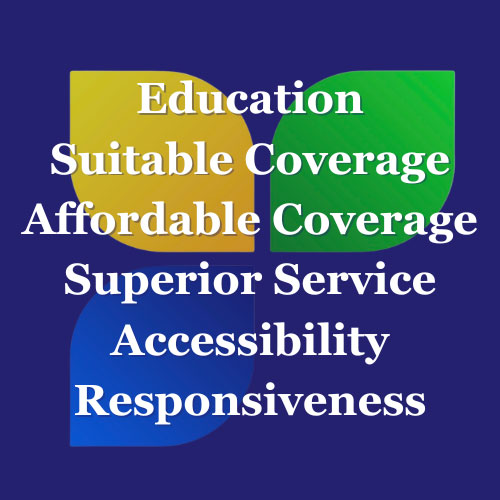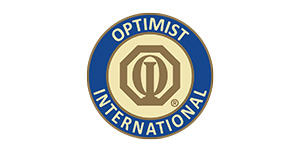
Reaching the age of 65 marks a significant milestone in one’s life. Along with the joys of retirement and newfound freedoms, this age also brings eligibility for Medicare, the federal health insurance program that provides coverage for millions of Americans. However, understanding the ins and outs of Medicare can be overwhelming, especially for those approaching this milestone for the first time. In this guide, we’ll explore essential considerations for individuals turning 65 and transitioning to Medicare coverage.
Understanding Medicare Basics
What is Medicare?
Medicare is a federal health insurance program primarily designed for individuals aged 65 and older, as well as certain younger people with disabilities and those with End-Stage Renal Disease (ESRD). Established in 1965, Medicare aims to provide access to affordable healthcare services for eligible individuals.
Parts of Medicare
Medicare is divided into several parts, each covering different aspects of healthcare:
- Medicare Part A (Hospital Insurance): Covers inpatient hospital stays, skilled nursing facility care, hospice care, and some home health care services.
- Medicare Part B (Medical Insurance): Covers medical services and supplies that are necessary to treat a medical condition, including doctor’s visits, outpatient care, preventive services, and durable medical equipment.
- Medicare Part C (Medicare Advantage): Also known as Medicare Advantage, Part C offers an alternative to Original Medicare by allowing beneficiaries to receive their Medicare benefits through private insurance plans. These plans often include additional benefits such as prescription drug coverage, vision, dental, and wellness programs.
- Medicare Part D (Prescription Drug Coverage): Provides prescription drug coverage through private insurance companies approved by Medicare.
Enrollment Periods
Understanding Medicare enrollment periods is crucial for ensuring timely access to coverage:
- Initial Enrollment Period (IEP): The seven-month period that begins three months before an individual turns 65, includes the month of their 65th birthday, and ends three months after their birthday month.
- Annual Enrollment Period (AEP): Occurs from October 15th to December 7th each year. During this period, beneficiaries can switch Medicare Advantage plans, enroll in a new plan, or return to Original Medicare.
- Special Enrollment Periods (SEPs): Allow individuals to enroll in Medicare outside of the standard enrollment periods under certain circumstances, such as moving, losing employer coverage, or qualifying for Medicaid.
Coverage Options
When turning 65, individuals have the option to choose between Original Medicare (Parts A and B) and Medicare Advantage (Part C) plans:
- Original Medicare: Provides coverage for hospital and medical services through the federal government. Beneficiaries have the flexibility to see any healthcare provider that accepts Medicare assignment.
- Medicare Advantage: Offered by private insurance companies, Medicare Advantage plans provide all the benefits of Original Medicare and often include additional coverage such as prescription drugs, vision, dental, and wellness programs. These plans may have network restrictions, so it’s essential to choose a plan that includes preferred providers.
Additional Considerations
Medigap Coverage
Medicare beneficiaries have the option to purchase a Medicare Supplement Insurance (Medigap) policy to help cover out-of-pocket costs associated with Original Medicare, such as copayments, coinsurance, and deductibles. Medigap plans are sold by private insurance companies and can provide added financial protection for healthcare expenses.
Prescription Drug Coverage
It’s crucial for individuals turning 65 to consider enrolling in Medicare Part D prescription drug coverage if they anticipate needing prescription medications. Even if they currently don’t take prescription drugs, enrolling in Part D during their Initial Enrollment Period can help avoid late enrollment penalties in the future.
Wellness and Preventive Services
Medicare covers a wide range of preventive services, including screenings, vaccinations, and counseling, to help beneficiaries stay healthy and detect potential health issues early. Taking advantage of these services can contribute to overall well-being and help prevent or manage chronic conditions.
Financial Assistance
For individuals with limited income and resources, there are various financial assistance programs available to help cover Medicare costs, such as Medicare Savings Programs and Extra Help for prescription drug costs. It’s essential to explore eligibility requirements and apply for assistance if needed to ensure access to necessary healthcare services.
Additional Considerations
Turning 65 and becoming eligible for Medicare is a significant milestone that comes with important healthcare decisions. By understanding the basics of Medicare, enrolling in coverage during the appropriate enrollment periods, and exploring available coverage options and additional considerations, individuals can navigate the transition to Medicare with confidence and peace of mind.
If you or a loved one is approaching the age of 65, take the time to research Medicare options, consult with a Medicare insurance agent or counselor, and make informed decisions about healthcare coverage. With proper planning and preparation, transitioning to Medicare can be a smooth and seamless process, ensuring access to quality healthcare in retirement.
Transitioning to Medicare at the age of 65 is a significant milestone that requires careful consideration of coverage options, enrollment periods, and additional considerations.










